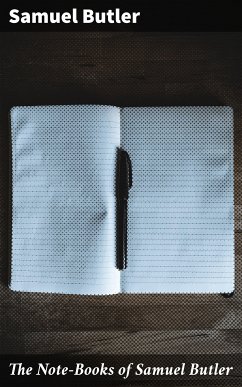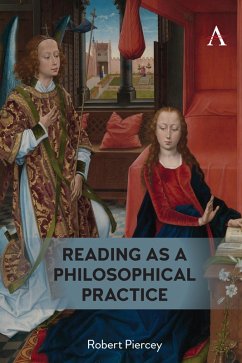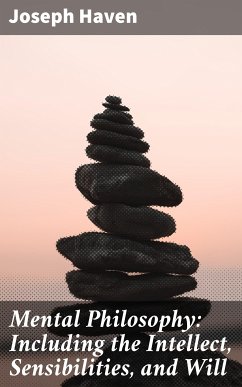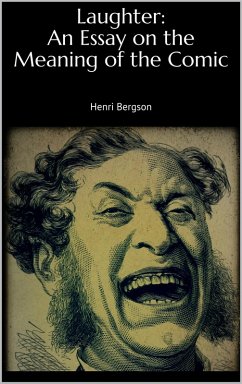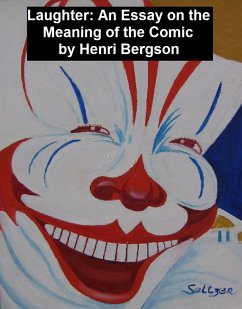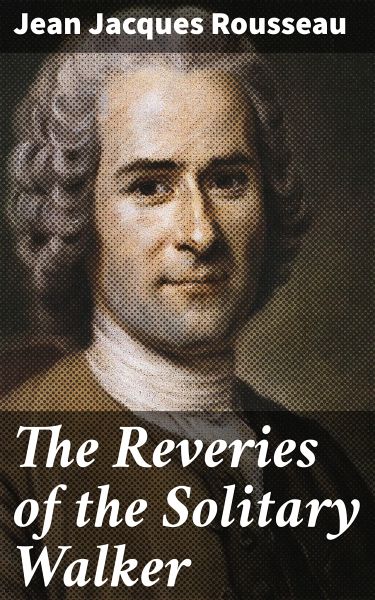
The Reveries of the Solitary Walker (eBook, ePUB)
Enriched edition. Reflections on Solitude, Nature, and Enlightenment Philosophy
Kommentar: Gainsborough, Harriet / Redaktion: Good Press

PAYBACK Punkte
0 °P sammeln!
In "The Reveries of the Solitary Walker," Jean Jacques Rousseau embarks on a philosophical journey that intricately weaves personal reflection with natural observation. Written in the latter part of Rousseau's life, the text adopts a lyrical prose style that mirrors his deep emotional engagement with the world around him. Set against the backdrop of the Enlightenment, the work explores themes of solitude, self-discovery, and the relationship between humanity and nature, effectively positioning Rousseau's musings within a broader discourse on individualism and existential inquiry. Rousseau, a p...
In "The Reveries of the Solitary Walker," Jean Jacques Rousseau embarks on a philosophical journey that intricately weaves personal reflection with natural observation. Written in the latter part of Rousseau's life, the text adopts a lyrical prose style that mirrors his deep emotional engagement with the world around him. Set against the backdrop of the Enlightenment, the work explores themes of solitude, self-discovery, and the relationship between humanity and nature, effectively positioning Rousseau's musings within a broader discourse on individualism and existential inquiry. Rousseau, a pivotal figure in Romantic philosophy, was profoundly influenced by his experiences of alienation and introspection. His tumultuous life'-marked by ambition, exile, and a longing for authenticity'-shapes the reflective tone of the "Reveries." Through these wanderings in both mind and nature, Rousseau seeks to reconcile his fragmented identity with the philosophies of his time, offering a window into his inner turmoil and aspirations toward a more natural, fulfilling existence. For readers seeking to delve into the nexus of emotion and philosophy, Rousseau's reveries provide a compelling exploration of solitude as both a source of pain and enlightenment. This work is essential for anyone looking to understand the evolution of modern thought and the enduring human quest for self-understanding in harmony with nature. In this enriched edition, we have carefully created added value for your reading experience: - A succinct Introduction situates the work's timeless appeal and themes. - The Synopsis outlines the central plot, highlighting key developments without spoiling critical twists. - A detailed Historical Context immerses you in the era's events and influences that shaped the writing. - An Author Biography reveals milestones in the author's life, illuminating the personal insights behind the text. - A thorough Analysis dissects symbols, motifs, and character arcs to unearth underlying meanings. - Reflection questions prompt you to engage personally with the work's messages, connecting them to modern life. - Hand-picked Memorable Quotes shine a spotlight on moments of literary brilliance. - Interactive footnotes clarify unusual references, historical allusions, and archaic phrases for an effortless, more informed read.
Dieser Download kann aus rechtlichen Gründen nur mit Rechnungsadresse in A, B, BG, CY, CZ, D, DK, EW, E, FIN, F, GR, H, IRL, I, LT, L, LR, M, NL, PL, P, R, S, SLO, SK ausgeliefert werden.




